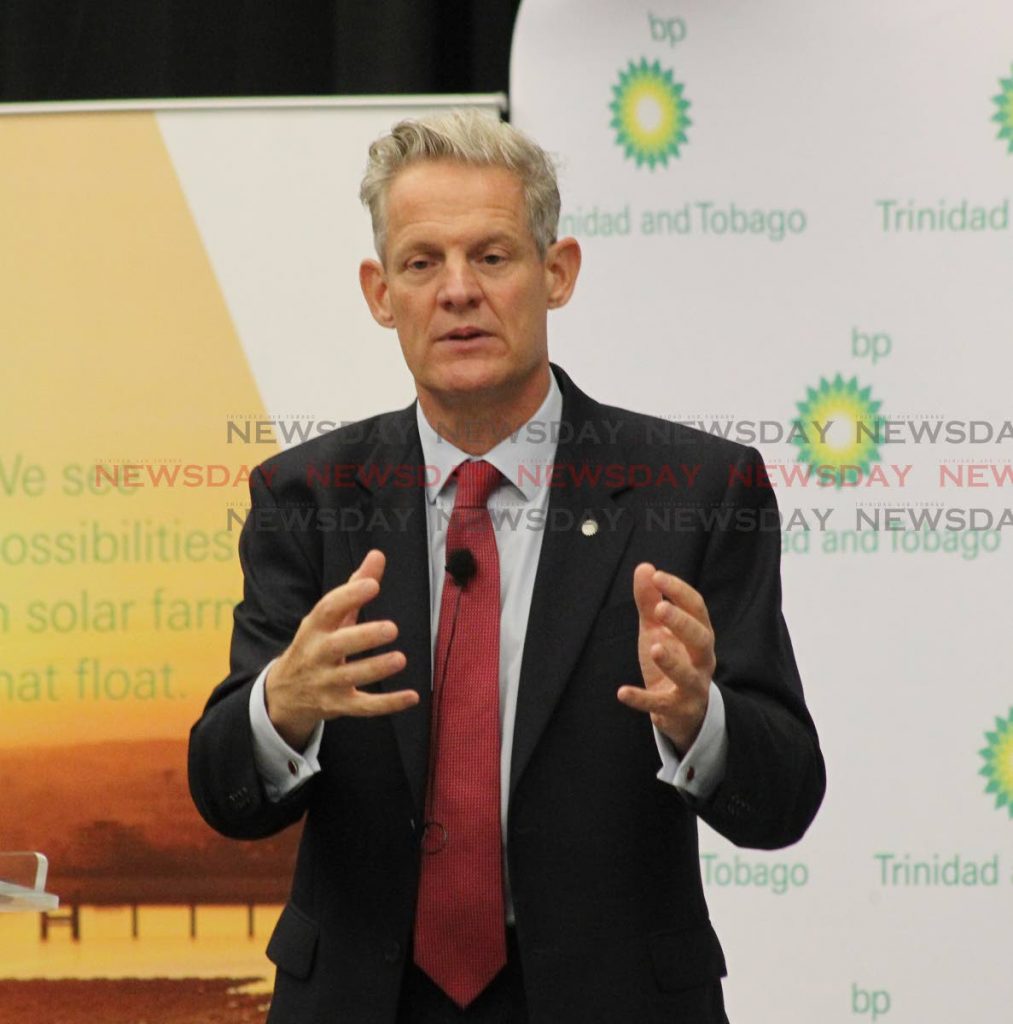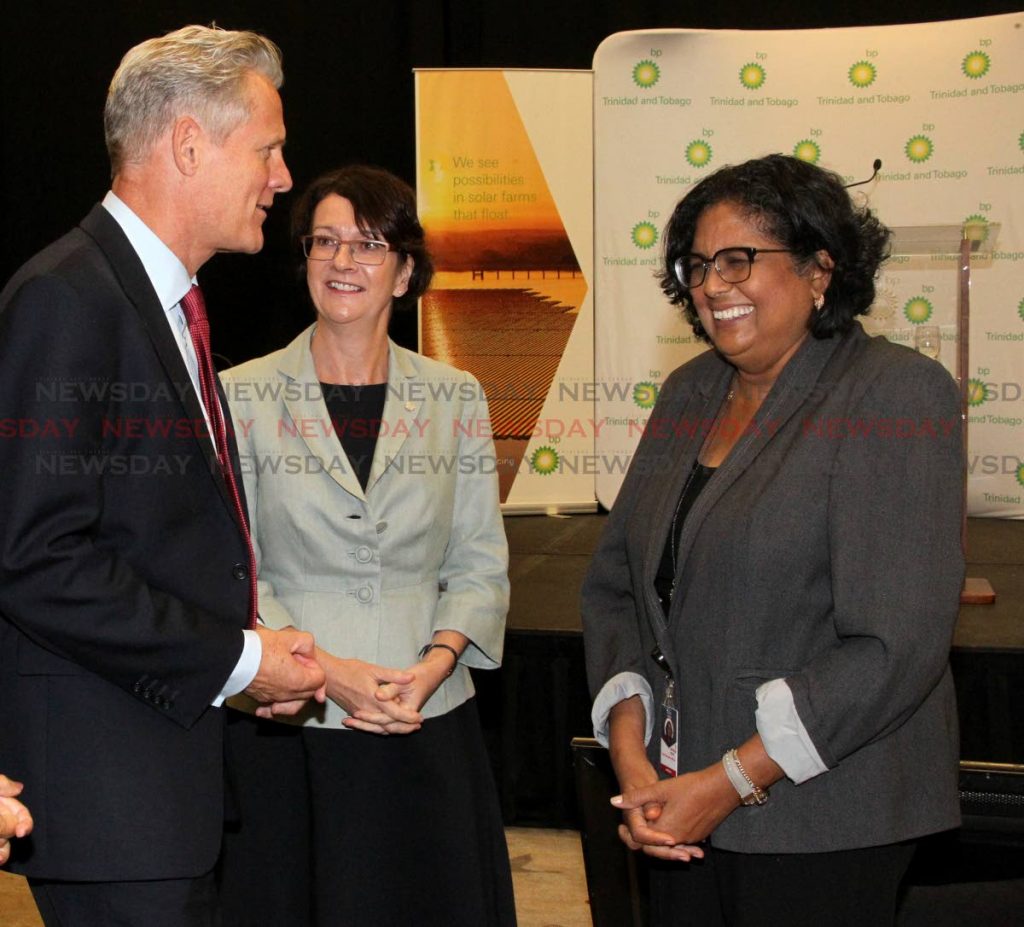TT gas still competitive

The good news is BP’s group chief economist, Spencer Dale, thinks TT is still competitive as a natural gas producer.
“If you look at the economics (efficiency) that you can get gas out of the ground and bring it to market, then yes. The issues associated with TT going forward is time – can you carry on producing new gas at that same capacity at a price that remains competitive,” Dale told the audience at BP’s Statistical Review of World Energy presentation yesterday at the Hyatt Regency in Port of Spain.
At the moment the country is managing to remain competitive, he said, but the pressure to maintain that and keep up levels of gas production and competitive pricing is going to be difficult going forward. “That’s not saying you can’t do it but rather that it’s tougher because the market is getting more integrated. You have to be lean to stay in.”
A significant portion of TT’s hydrocarbon exploration is in deep water. Dale acknowledged that he didn’t know enough about deep water to comment but did note that the country is competing against US gas prices. Given the boost in US supply from shale gas and fracking, that country has now become a net exporter versus importer, upsetting the dynamic world gas prices, especially in the western hemisphere. TT’s gas price is tied to the US Henry Hub benchmark even though the US is no longer the primary destination for local LNG.
“We all know how cheaply they (the US) produce gas. If you can get your deep water gas at that price then yes. The economics go much deeper than that (but) in essence that’s the nature of the game now, which is a very competitive.”
BPTT is the country’s biggest contributor to GDP, producing about half of all natural gas in the country.

Another question to Dale was how TT could reduce carbon emissions. TT’s carbon footprint is high despite its small size because of heavy industrialisation and one million cars on the road. Electricity rates are also among the lowest in the region. The government has pledged, however, that it wants to reduce carbon emissions by 15 per cent in keeping with its Vision 2030 plans and the Paris Agreement.
Again with some good news, Dale was optimistic at the country’s potential to bring down carbon emissions because we already use natural gas (rather than, say coal) for power generation. It would be even better if we could effectively price solar power.
On the flipside, he said: “As an economist I worry when power prices are heavily subsidised because that encourages people not to use their energy efficiently.”
One of that inefficient use – sitting in a room wearing jackets and ties with the air conditioning blasting when it’s hot outside.
“At some point we have to say that’s not acceptable. That’s as bad as somebody smoking in here. The thing about climate (change) is if we are going to make a difference it’s not somebody else’s job to do it. It’s not BP or the government. It’s our job. And it starts as simple as saying, hey we can turn our lights off or have the AC turned up. And we should think of how we are pricing energy to make sure we are giving the right incentives for people.”


Comments
"TT gas still competitive"